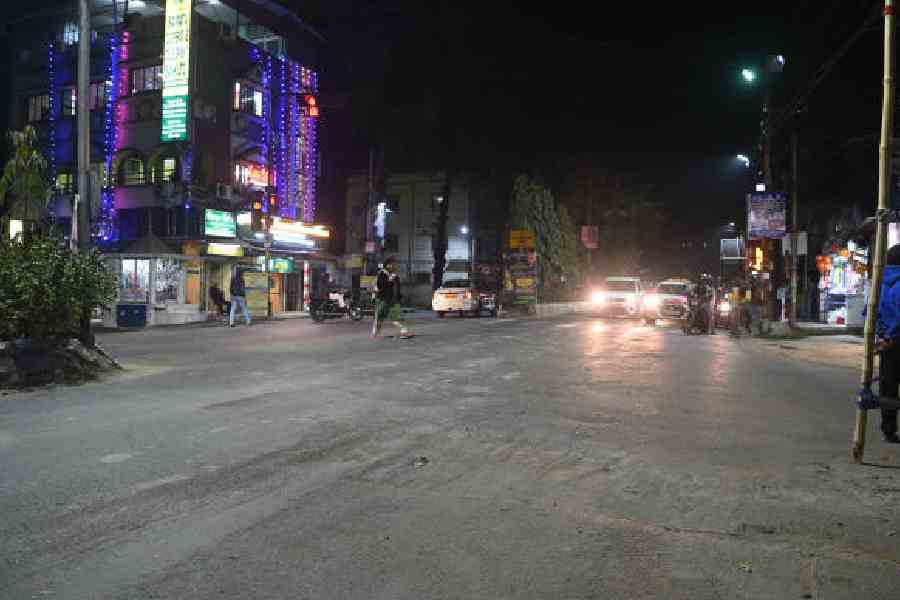New Delhi, July 28: Parliament has passed a bill seeking to regenerate forest cover in an effort to protect the rights of tribals and forest dwellers.
With all the parties supporting it, the Rajya Sabha today passed the Compensatory Afforestation Fund Bill. It had earlier been passed by the Lok Sabha.
The Union ministry of environment and forest will now release Rs 42,000 crore to states to take up plantation and afforestation activities. Odisha stands to get the lion share of the amount (see chart). Jharkhand will also get more than Rs 3,000 crore.
The Congress and Left parties had initially expressed concerns citing lack of adequate safeguards in the bill while allowing afforestation programmes in the tribal areas. But they came on board after the Union minister for environment and forest Anil Madhav Dave assured that the protection would be provided under the rules to be framed shortly.
These parties had said the forest department officials may not respect the rights of the tribals and forest dwellers and take up plantation in common areas without the gram sabhas' consent.
The tribals and other forest dwellers are entitled to land titling or record of rights on the land they have been using for three generations under the Forest Rights Act (FRA). The people are entitled to community rights for common areas such as water bodies and cultural activity areas.
The bill has a provision that there will be state-level Compensatory Afforestation Management and Planning Authority (Campa), which would be in charge of spending the money for plantation in natural open forests and grazing areas.
Forest department officials will constitute a major portion of this body and there is no provision saying that this body would have to take consent of the local gram sabha while deciding on afforestation projects.
Congress leader Jairam Ramesh yesterday said under the FRA, 17 lakh individual titles and 49,000 community titles had been awarded accounting for 40 per cent of the total claims made. This shows the rejection rate was high.
He said the claims of people must be settled first. The Congress also wanted the committee to consult the elected representatives in villages before deciding on the projects.
The Panchayati raj Extension to Scheduled Areas (Pesa) Act says the gram sabha's consent has to be taken for any developmental project to undertaken in tribal areas.
CPM leader C.P. Narayanan asked the government to include a provision to ensure that the FRA was not violated. Both Ramesh and Narayanan moved separate amendments on this issue.
Dave said the detailed rules to be framed for proper implementation of the law would ensure that necessary consultation was done with the gram sabhas for any plantation project.
"The rules will also provide for consultation with representatives. In case the rule is not adequate, we will revisit it after one year," Dave said.
He hoped that state the governments would not violate the constitutional norms while implementing the law.
Members from across parties wanted that the state government not plant trees such as eucalyptus that is not a native plant. They wanted fruits-bearing and indigenous plants to be given priority in the afforestation drives.
The law will hand over to the states money received from various users that set up projects by diverting forestland for non-forest use.
According to the Rules to the Forest (Conservation) Act, 1980, in case of diversion of any forestland for any non-forest use, plantation has to be done on an equal area of revenue land or double the area of degraded forestland.










